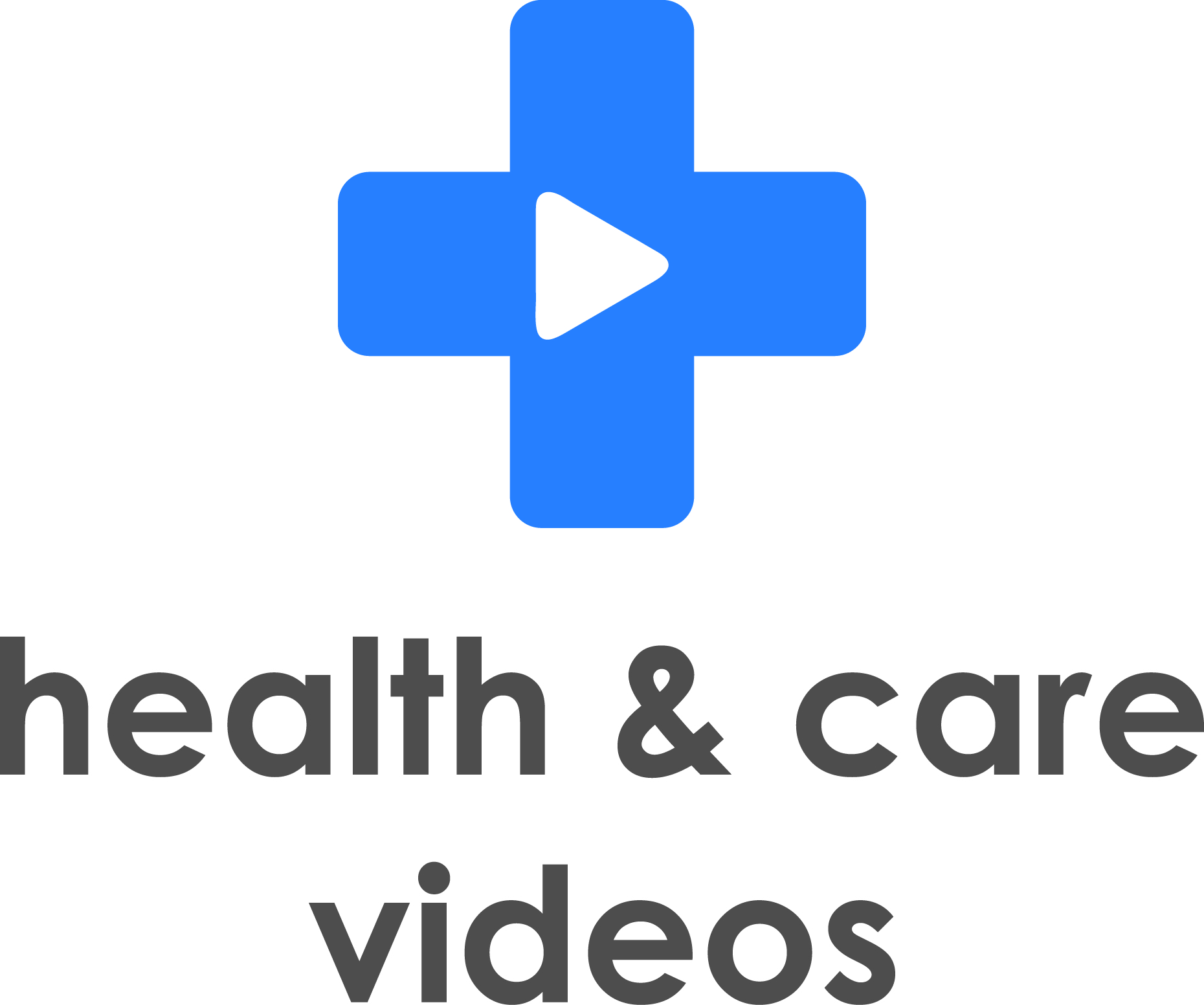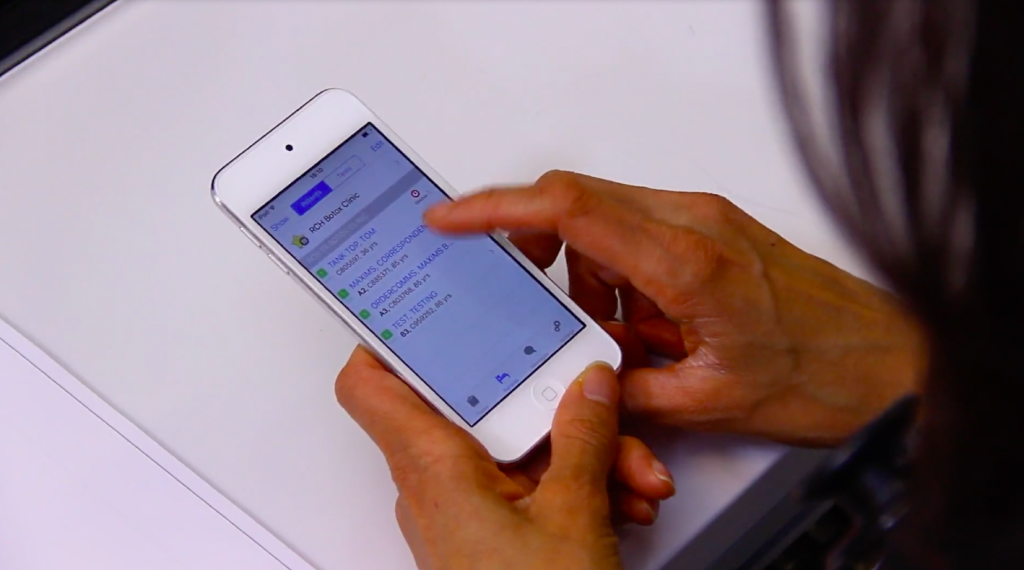Why?
Recent developments at Royal Cornwall Hospitals NHS Trust include the introduction of nervecentre, a mobile solution provider for electronic clinical observations, removing the need for paper charts. The Trust have in place a number of training programmes set up to educate staff on the new system, but wanted to enhance the training to make it into a more interactive, accessible and present a real life context to system users. They identified video as playing an important part in this process.
Bringing in new systems and learning new technologies and ways of working can sometimes be met with apprehension which is why the Trust wanted to put into place multiple platforms for learning in order to meet everyone’s needs. The aim is to use video to demonstrate how the nervecentre software itself works, alongside showing it being used on the ward – moving it beyond being technical and connecting it to clinical practice and real life. They hope this this will help reassure those who are more ‘technically challenged’, or who find traditional online leaning methods difficult to access giving them confidence to use the new system effectively.
In order to record electronic observations, staff will be carrying mobile devices such as iPods on the wards. Therefore, to reassure patients, key messages within the training programmes will reinforce the need for staff to involve patients that the use of this digital system is there to safeguard them through accurate data input and that they’re not using the devices for personal use.
Benefits:
- Focus on improved patient safety – deliver safely, smartly and timely
- Reduce human error in the collection and calculation of data – nervecentre allows no data to be skipped over and auto-calculates and triggers alerts
- Improved communication – concerns are automatically escalated to senior clinical staff so response to a deteriorating patient’s condition happens promptly
- Messaging within the system – eliminates need to use phone or page doctors, especially important at busy times on the ward
- Reduction and removal of paper charts
- Quick access to online training material whenever, wherever – videos are played through the devices in the nurse and doctors hand
How?
The Trust have commissioned 14 short videos, produced by Health and Care Videos, that blend technical demonstrations with spoken instructions, alongside clips of staff using it in the actual clinical setting itself on the ward.
Nervecentre was trialled on Grenville Ward, a 25 bedded medical ward, plus the Out of Hours team (Clinical Site Co-ordinators/Hospital at Night and the doctors that support the Grenville Ward) and the Critical Care Outreach Team.
The beginning of April 2016 saw the full roll-out of nervecentre, along with the training videos, across the whole of the Trust.
Evaluation
The objective for future evaluation is to measure times to respond, length of stay, escalations, earlier treatment plans, mortality rate drops and incidents related to failing to rescue.
Feedback
“As Senior Responsible Officer and Clinical Lead for the implementation of nervcentre at Royal Cornwall Hospitals NHS Trust, ensuring clinical staff are supported 24/7 in using the new system in simple and accessible ways is very important to the project’s success and sustainability. The use of short video, to prompt and remind staff on using the different aspects of the system is already delivering benefits. Working with the Health & Care Video team was made easy through their knowledge, experience and proactive approach to make it happen. A professional service and high quality product delivered the way we wanted it, on time and in budget – I’ll be using them again.” Frazer Underwood, Consultant Nurse – Older People / Associate Director of Nursing, Royal Cornwall Hospitals NHS Trust

